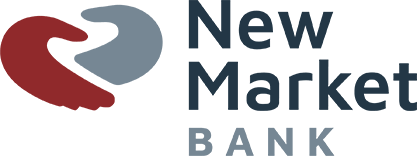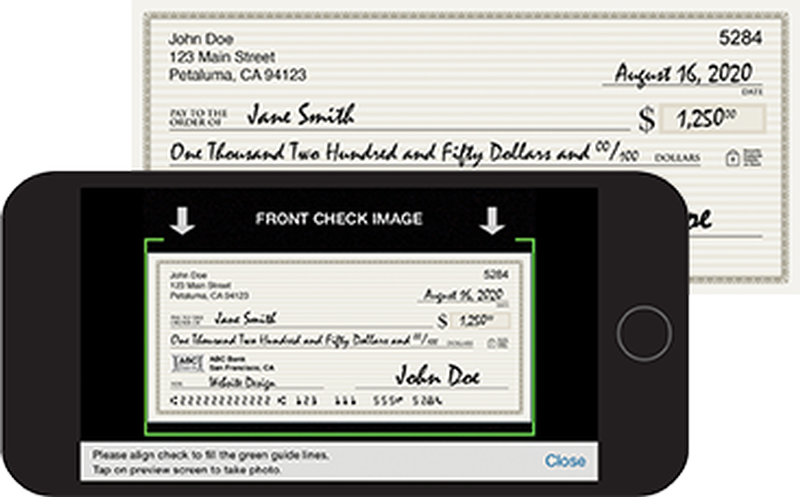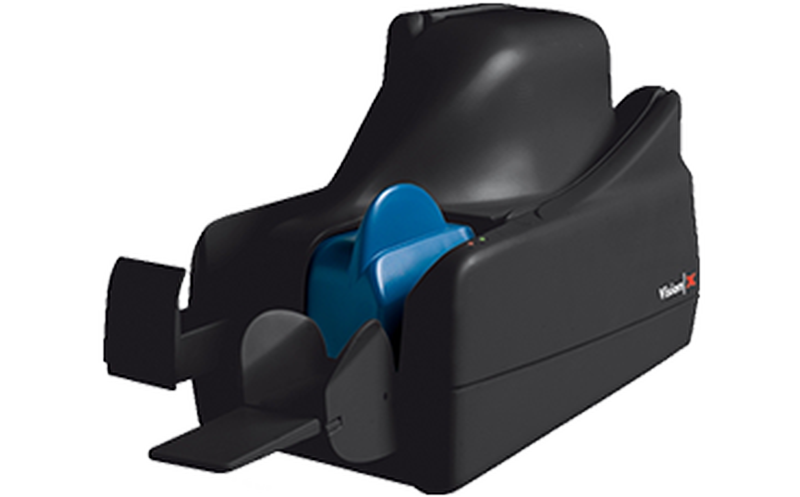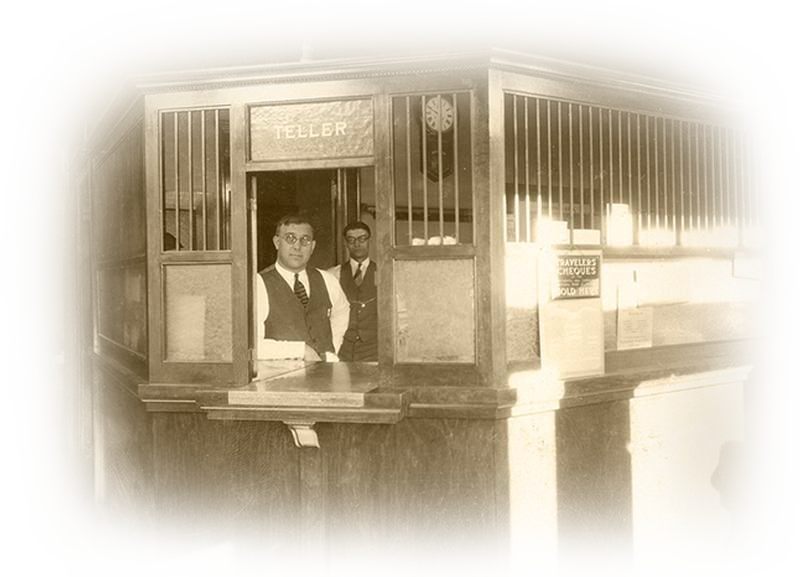New Market Bank and ICBA: Build Wealth, Not Debt
| MEDIA
CONTACTS | NICOLE SWANN
202-821-4458 | AMY NUGENT
amy@renownmarketing.com 651.450.9222 |
New Market Bank and ICBA: Build Wealth, Not Debt
America Saves Week is Feb. 24–29
LAKEVILLE, Minn., Feb. 6, 2020—Locally owned New Market Bank, with principal offices in Lakeville, and The Independent Community Bankers of America® (ICBA) want to remind consumers during America Saves Week that building a nest egg can help alleviate stress and provide additional financial security during times of unexpected financial hardship.
Seventeen percent of adults cannot pay their current month’s bills in full, another 12 percent would be unable to pay their current month’s bill if they also had an unexpected $400 expense, and nearly 27 percent of Americans would sell something they own or borrow money to pay the unexpected expense, according to a Federal Reserve Economic Well-Being of U.S. Households report.
“Savings is a key component in building wealth—not debt—and achieving financial freedom,” Anita Drentlaw, CPA, president of New Market Bank, said. “As relationship-based lenders, we’re here to help and challenge all Americans to take the pledge to invest in their future by paying down debt and filling their savings coffers to achieve their short- and long-term financial goals.”
New Market Bank and ICBA offer the following tips to help consumers boost their savings:
- Pay yourself first. Many employers offer automatic payroll deduction, which is one of the best ways to start and keep saving. Use those funds to build a retirement fund.
- Create a spending plan. Unlike a strict budget, a spending plan is a guide to help you take control of your finances by tracking where your money goes so you can prioritize your spending.
- Start small. Setting aside just $63 a month (the average cost of a daily cup of specialty coffee) for one year can boost your emergency fund by $766 annually.
- Build a cushion. Strive for an emergency savings of six to nine months of living expenses.
- Put your tax refund to work. With the average tax refund totaling roughly $3,000, more than half (52 percent) of Americans plan to use their returns for savings, investing or paying off debt.
Other important factors to consider when choosing where to place your savings:
- Access. How quickly can you access funds? Community banks use the latest technology to allow consumers the freedom to access their money when and where they need it.
- Safety. How safe is your money? The FDIC insures deposits up to $250,000 per depositor and $250,000 for certain retirement accounts. No one has ever lost a penny of FDIC-insured funds.
- Earnings. How much will you earn? Community banks offer competitively priced products and services.
“Community banks are good stewards of their customers’ financial health, serving as trusted advisors and helping to finance major purchases and build financial wealth,” ICBA President and CEO Rebeca Romero Rainey said. “We encourage consumers to reap the full benefits relationship banking and put their hard-earned dollars to work at their local community bank.”
About New Market Bank
Founded in 1905 as the First State Bank of New Market, New Market Bank is an independent, fourth-generation, family-owned bank serving the southern Twin Cities area with offices in Lakeville, Prior Lake and Elko New Market. For over 100 years, New Market Bank has built trusted relationships with its customers by providing banking as easy and sincere as a handshake. New Market Bank is an Equal Housing Lender, Member FDIC. For more information, visit NewMarket.Bank.
About ICBA
The Independent Community Bankers of America® creates and promotes an environment where community banks flourish. With more than 50,000 locations nationwide, community banks constitute 99 percent of all banks, employ nearly 750,000 Americans and are the only physical banking presence in one in three U.S. counties. Holding more than $5 trillion in assets, nearly $4 trillion in deposits, and more than $3.4 trillion in loans to consumers, small businesses and the agricultural community, community banks channel local deposits into the Main Streets and neighborhoods they serve, spurring job creation, fostering innovation and fueling their customers’ dreams in communities throughout America. For more information, visit ICBA’s website at www.icba.org.
# # #







